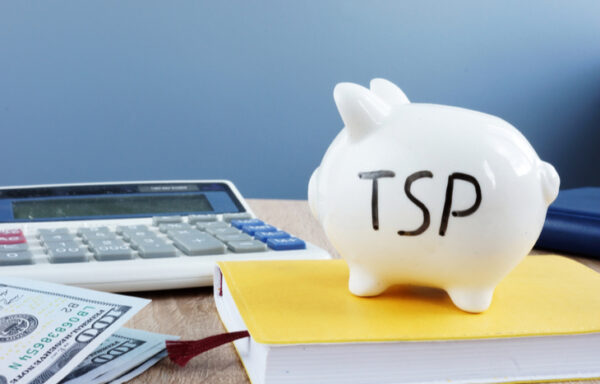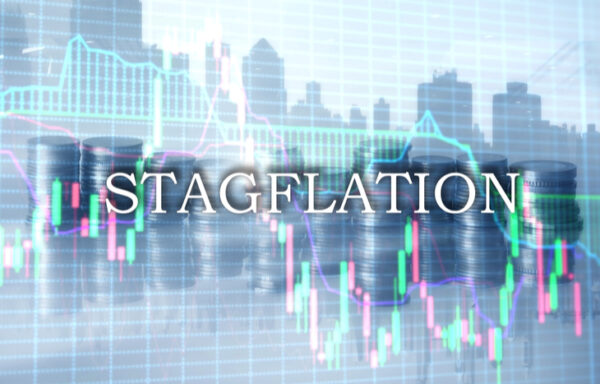Renting vs. Buying a Home: What Should You Do?
Mowing the lawn, playing catch with your kids, letting the dog run around the yard…
These are just a few wonderful images we associate with owning a home. Home ownership is as American as apple pie. There is a certain pride that comes with having an address you can call your own.
While home ownership has its benefits, there are certainly risks to be aware of. For many Americans the pain of the 2008 housing crisis is all too memorable. Nobody wants to go through that again. As a result, more U.S. households are renting now than they have at any point in the last 50 years.
Home ownership rates have been declining for years. Baby boomers are downsizing, and millennials are saddled with student loans. Still, home ownership has its perks and makes sense for many Americans.
The renting versus buying decision is a complicated one, and it all boils down to what you need. It helps to see both sides of the argument and the costs associated with each. We’ll help you break down the renting versus buying decision in more detail.
Renting vs. Buying a Home: The Arguments for Each Side
Buying a home used to be considered a metric of success. But since the housing crisis, many people are rethinking that idea. Whether you rent or buy comes down to a series of smaller factors. Here are some of the arguments that can be made for each side.
Benefits of Buying
- With today’s low interest rates, there’s hardly ever been a better time to take out a loan. The Federal Reserve recently cut interest rates. You will pay less interest on your loan today than you would have in the past.
- After you pay off your loan, the house is completely yours. You eliminate most of your housing expense.
- The home may appreciate in value, meaning you could earn a return on your investment.
Downsides of Buying
- You have to pay homeowner’s insurance, interest on your mortgage and property taxes.
- Keeping up the general maintenance of a home can be daunting.
- The value of the home may drop, meaning that the investment of time and money just turned into one big loss.
Benefits of Renting
- You don’t have to pay for repairs and other costs out of pocket.
- Your lease dictates the terms of the agreement, so there is very little uncertainty. You know how much your rent costs, how long the lease lasts and how much you’ll pay in utilities.
- You don’t take on the risk of the home’s value dropping.
Downsides of Renting
- Rent rates almost always go up, even if you find a great deal in a great neighborhood.
- There is no return on investment with renting. You receive no equity and no rising property value. All you receive is the lodging you pay for.
- You will have little-to-no freedom to renovate and do what you want with the space.
That’s quite a lot to consider. Now let’s look more closely at the costs associated with renting and buying a home.

The Costs of Buying a Home
Buying a home requires a lot of money to be paid up front. There are also many recurring costs. We will outline both here.
Upfront Costs
- Earnest Money. In order to show a seller that you can afford the home you are trying to buy, they will want to see what’s called “earnest money.” Earnest money ranges from 1% to 3% of the home’s closing price. One percent to 3% may not sound like a lot, but houses are expensive, and earnest money checks can be substantial. If the seller accepts your bid, your earnest money is deposited into an escrow account and credited against the rest of the closing costs.
- Down Payment. A down payment is a percentage of the home’s closing price that you pay up front. Down payment prices can vary depending on the local housing market, your credit score and the type of mortgage loan you have. The average down payment percentage in 2016 was 6%. That is a big upfront cost.
- First Year’s Homeowners Insurance. In many cases you will have to pay the first year’s premium of your homeowner’s insurance up front. The price of your homeowner’s insurance, much like car insurance, depends on both you and your home. Where you live, what kind of home you have, what’s in your home and how reliably you’ve paid your insurance bills all factor in to the cost.
Recurring Costs
- Mortgage Loan Payments. You will need to make monthly principal and interest payments for the life of your mortgage loan. Missing payments on your mortgage loan will drastically affect your credit profile. You also risk defaulting on your loan. Mortgage loans can last 15 to 30 years, so you’ll need to have a long-term, reliable source of income.
- Property Taxes. Every homeowner has to pay property taxes. Your city or county legislature determines your property taxes based on the value of your property. The more valuable your property, the more you will pay in taxes.
- Utilities and Maintenance. As a homeowner you are solely responsible for paying for utilities: electric, gas, water, garbage, recycling, cable, internet and more. You are also responsible for the maintenance of your home. Unlike with a rental agreement, there are no landlords coming to save the day. It all falls on your shoulders.

The Costs of Renting a Home
When you rent a home you avoid many of the upfront costs, but you will encounter more recurring expenses.
Upfront Costs
- Security Deposit. Every landlord requires a security deposit. Most times a security deposit will be double your monthly rent. Security deposits are a form of insurance against property damage, broken leases, missing rent payments and other incidents that occur as a renter. If you don’t break any of those agreements, you will receive your security deposit back.
- Nonrefundable Deposits. There are certain deposits you won’t receive back, like if you are paying to have a pet in the rental.
- First Month’s Rent. Most landlords will require you pay the first month’s rent up front. Renters need to know you have the income to be able to afford rent each month, and this is a good gauge.
Recurring Costs
- Monthly Rent. When you decide to rent a home, monthly rent is part of the deal. Rent payments can increase whenever you sign a new lease, unless you live in a rent-controlled neighborhood. Rent payment is determined by the housing market, the neighborhood, and the size, condition and location of the apartment.
- Renter’s Insurance. Most landlords will require you to purchase renter’s insurance. Renter’s insurance protects you against loss due to theft, fire, flood and other misfortunes.
- Utilities and Laundry. Some rental agreements will factor utility costs into the monthly rent, but many will not. Laundry costs are also on a case-by-case basis, but for many renters it is more cost effective to visit the local laundromat than to purchase an expensive washer and dryer.
Everyone’s Different: Renting vs. Buying Comes Down to YOU
There’s nothing cut-and-dried about the renting versus buying debate. Everyone is at a different stage in their life and has different needs. Here are a few questions you can ask yourself when you’re trying to decide whether to rent or buy:
- What can I truly afford?
- How long do I plan on staying in this area?
- What are my long-term career and family goals?
- Do I value the stability of owning or the flexibility of renting?
These are a few of the many factors to consider when making the decision to rent or buy. But life decisions don’t always boil down to pure economics. It’s all about what you want, and what will suit your lifestyle best.
Chief Income Strategist, Marc Lichtenfeld, weighs in on this topic in his thoughtful piece “Don’t Buy the House You Can Afford.” For more perspective on the benefits of renting versus buying a home, explore our Financial Freedom section.
[adzerk-get-ad zone="245143" size="4"]




